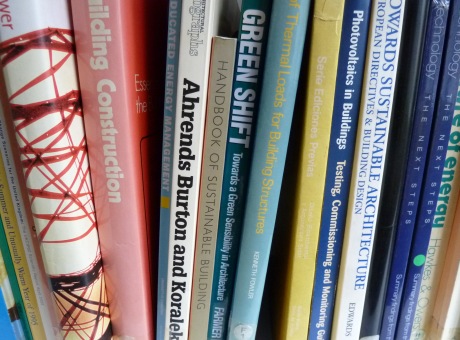Network and environmental impacts of passenger and airline response to cost and delay

1 January 2008
The Aviation Integrated Model is a policy assessment tool designed to simulate the operation and economic/environmental effects of local and world airline networks over the next 30-50 years within a modular framework. Feedback between demand, capacity, air traffic delays and policy measures is a key part of this model. For example, unconstrained model projections of US air transportation system growth with no passenger, airline or policy response included show average arrival delays of over two hours at major US airports in 2030, a condition that is unlikely to materialize. A more likely situation is that a combination of responses act to bring the air transport system to a new equilibrium at which higher fares, extra capacity or increased operational efficiency reduces the delays to a more acceptable level. Similarly, the application of policies designed to mitigate some of the environmental impacts of air transportation will also alter the system equilibrium state. In this paper we use the Aviation Integrated Model to systematically examine these feedback effects, concentrating specifically on the passenger response to increases in travel time, airfare, and policy responses to environmental concerns. We contrast the reference case in which the main feedback effect is passenger and airline response to air traffic delay with sample policy scenarios. Copyright © 2008 by L. Dray, A. Evans, M. Vera-Morales, T. Reynolds & A. Schäfer.
Network and environmental impacts of passenger and airline response to cost and delay. 8th AIAA Aviation Technology, Integration and Operations (ATIO) Conference
Dray, LM; Evans, A; Vera-Morales, M; Reynolds, TG; Schäfer, A; (2008)
The full text of this article is not available through UCL Discovery.
 Close
Close

